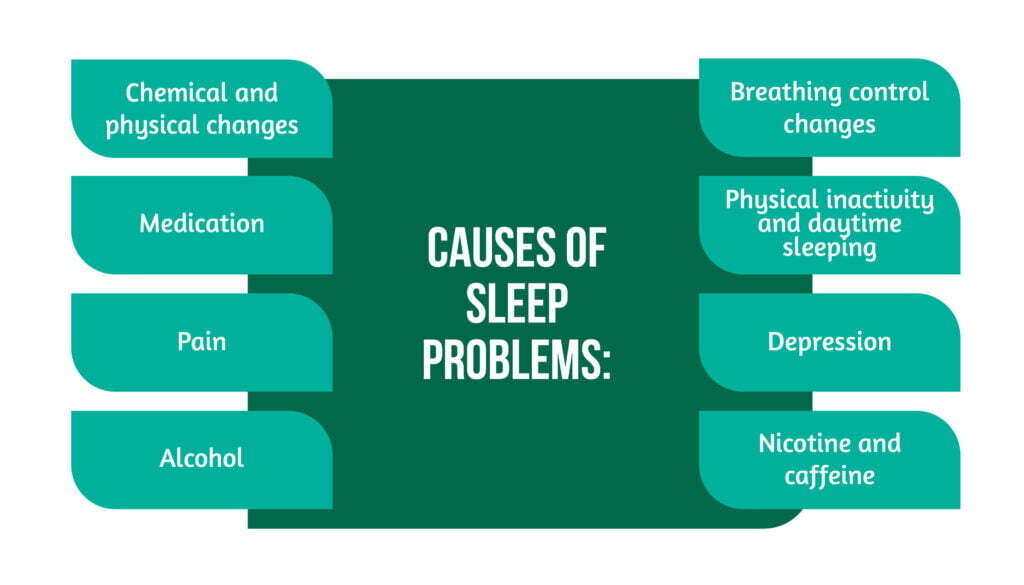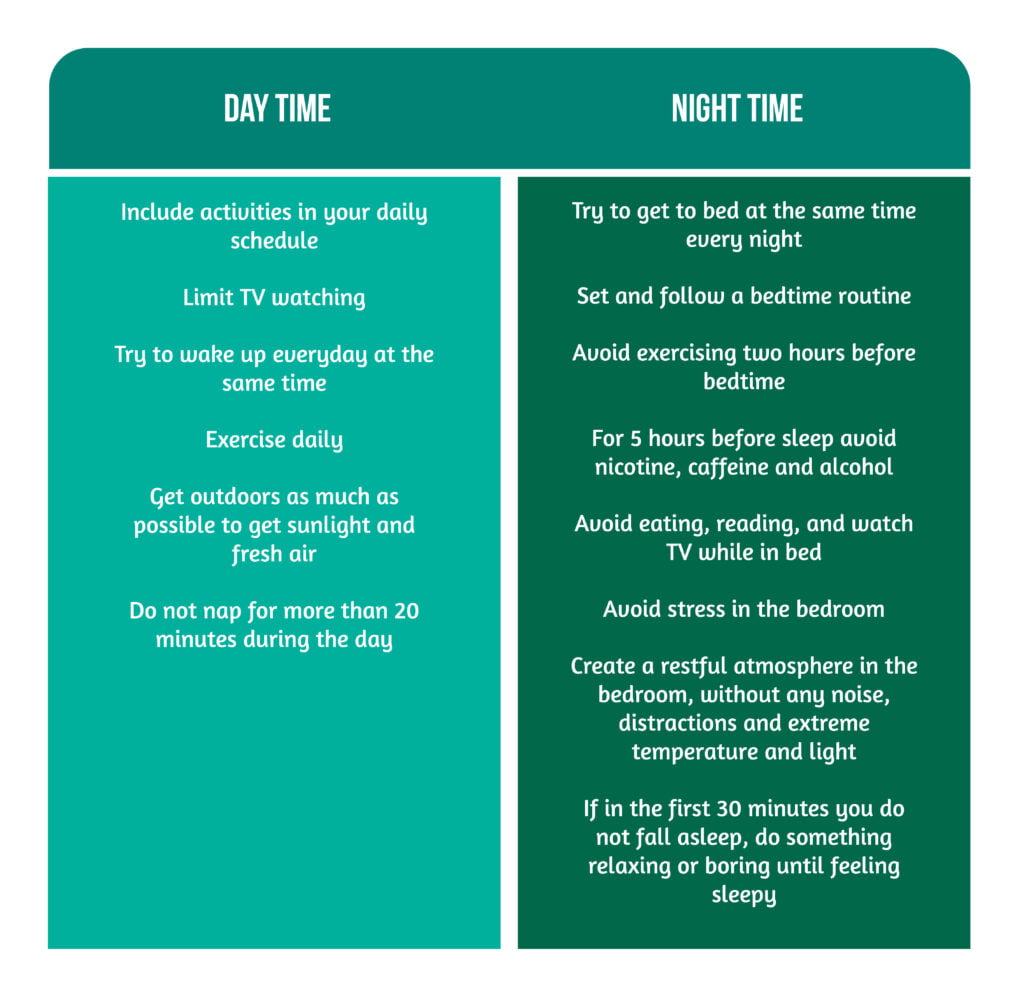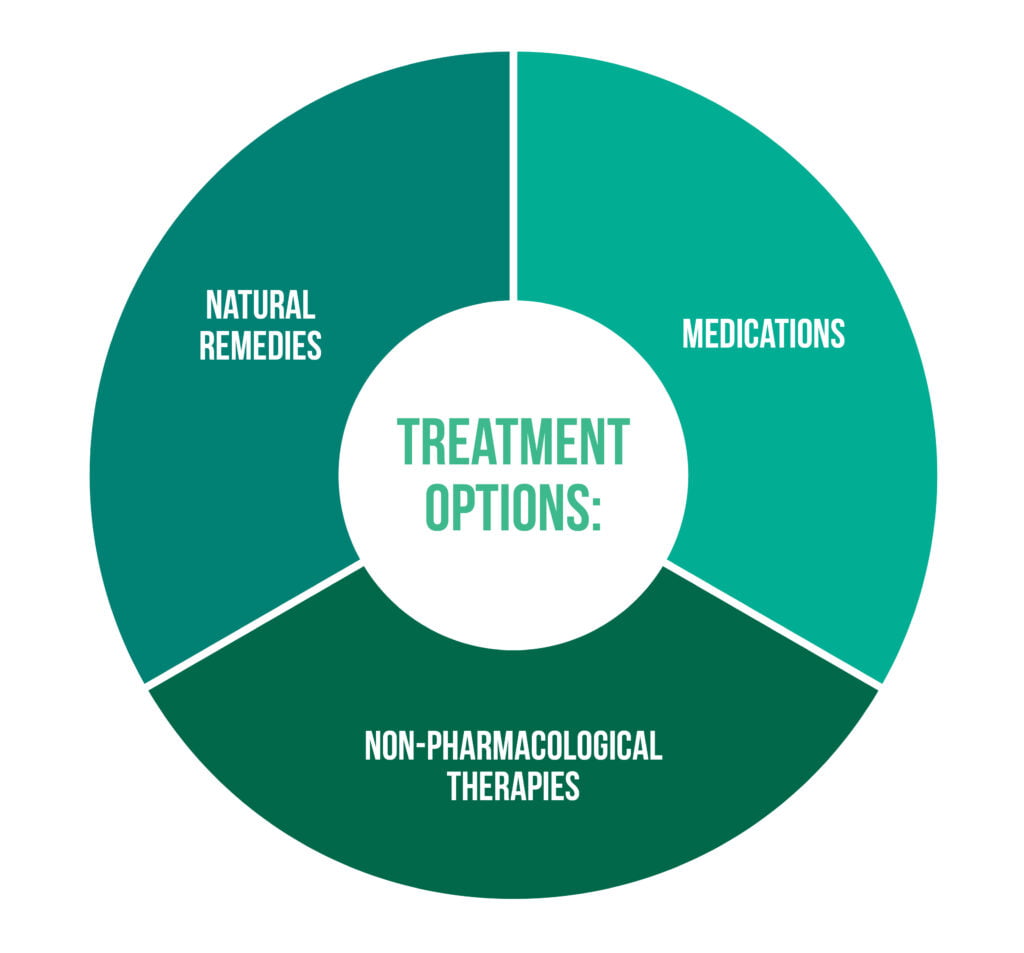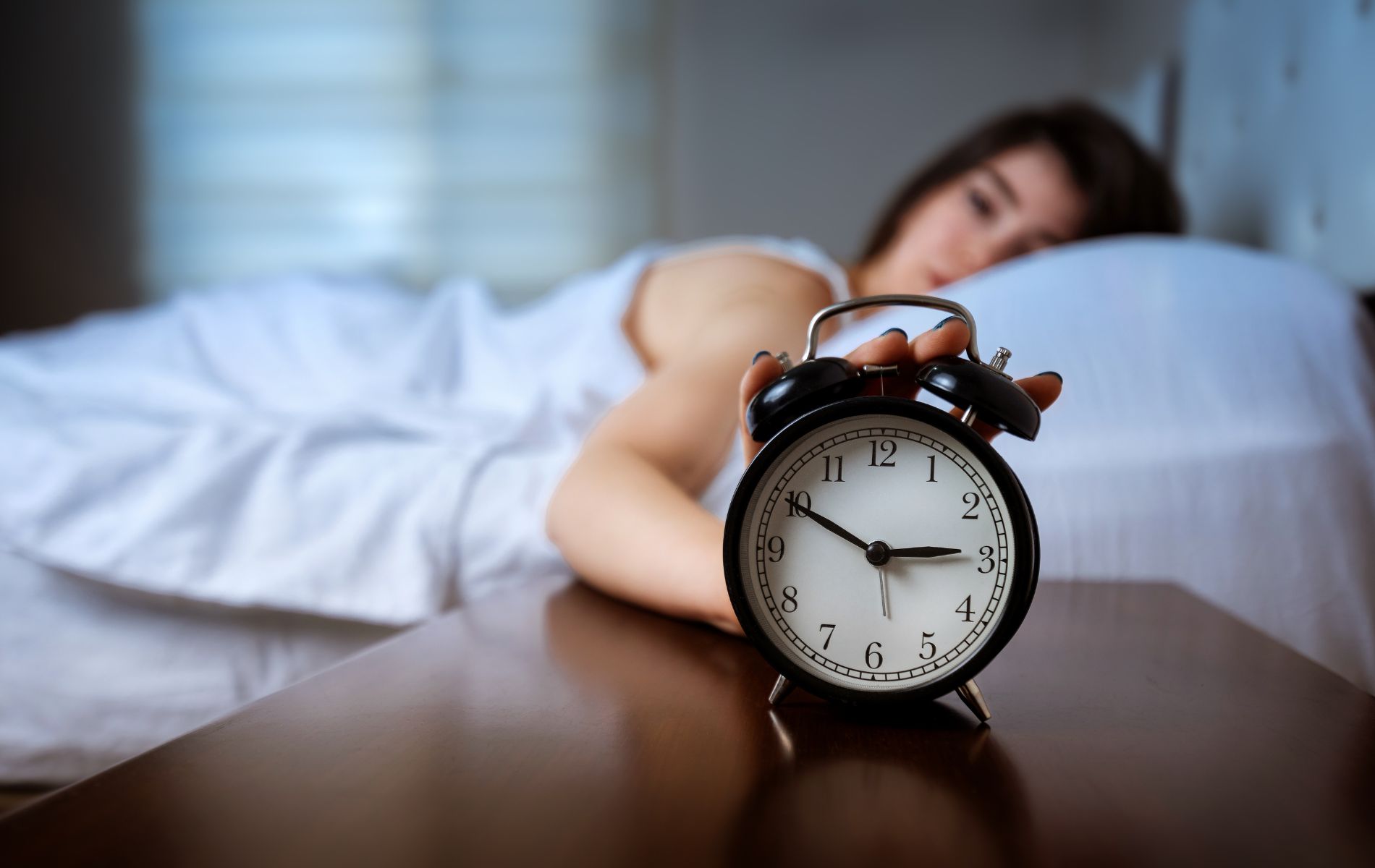Keywords: TBI, sleep, sleep disorder, depression
How Does TBI affect sleep?
Traumatic brain injury (TBI), also known as the“silent epidemic”, continues to affect millions of individuals worldwide every year, representing a major health concern and one of the most critical contributors to disability and death among all trauma-related injuries. The Centers for Disease Control (CDC) estimates that the combined rates for TBI-related emergency department visits, hospitalizations, and deaths have increased periodically.
Taken independently, there is a difference between these indicators, with the number of deaths decreasing over the years most likely due to:
- increased awareness
- availability of guidelines
- structured management
- technological advancements
- treatment regimens improvement [1–2].
Previous research estimated that the incidence rate in the US was 579 per 100,000 persons, or approximately 1.7 million TBIs each year. In Europe, a meta-analysis that included data from 1990-2000 estimated the hospitalization rate to be 235 per 100,000 persons, but significant variations between countries in TBI rates still exist [3].
Traumatic brain injuries (TBIs) can have a wide range of consequences, including cognitive impairments and emotional disturbances [4]. Given the complexity and variability of TBI outcomes, it is essential to establish comprehensive screening protocols for individuals who have experienced such injuries. These screenings should be implemented promptly following a TBI diagnosis or incident to ensure early detection of any cognitive or emotional issues. Subsequently, providing timely and targeted treatment is essential to mitigate the long-term effects and improve the overall quality of life for individuals affected by TBIs. It is crucial that healthcare professionals prioritize these steps to optimize the recovery and well-being of TBI patients.
How common are sleep problems after a TBI?
Many people report difficulty sleeping after suffering a brain injury.
The lack of rest could lead to anxiety, fatigue, depression, and irritability, and worsen one’s sense of well-being. Moreover, workplace or traffic accidents might occur following sleep affections.
It appears that sleep disorders are 3 times more common in TBI patients than in the general population, and almost 60% of patients will remain with long-term difficulties. Studies show that women are more likely to be affected than men, and age seems to be an influencing factor, with the disorders being more present as the person ages. Due to the complexity of the brain and of the sleep process, depending on the location of the injury in the brain, different sleep disturbances can be found [5].
What types of sleep problems can appear?
Recent studies showed a high prevalence of sleep disorders in TBI patients, including [5, 6]:
-
- narcolepsy – falling asleep uncontrollably and suddenly during daytime
- periodic limb movements in sleep (PLMS/PLMD) – when involuntary movements of arms and legs are present during sleep
- post-traumatic hypersomnia (PTH)
- obstructive sleep apnea (OSA) – when brief pauses in breathing are present during sleep, resulting in a lower oxygen flow to the brain, causing loud snoring and frequent awakening
- insomnia – difficulty falling/staying asleep, or the patient does fall asleep but does not feel rested when he wakes up. It can worsen other problems, including behavioral and cognitive difficulties, if not treated correctly and quickly. It makes it harder for patients to learn new things. Insomnia usually improves in time and is worse directly after the TBI
- delayed sleep phase syndrome – when there are mixed-up sleep patterns present
- excessive daytime sleepiness – when extreme drowsiness is present
- restless leg syndrome (RLS) – there is an urge to move the legs due to the fact that they feel uncomfortable, mostly during the night time or when lying down
- sleepwalking – patients are walking or performing other activities that they are not aware of while sleeping
What are the leading causes of sleep problems?
It is important to know that head injuries can lead to changes in sleep due to a series of factors (Figure 1).

- Chemical and physical changes – Everyone has an “internal clock” that controls when they sleep and stay awake every day. This mechanism can be affected when there is a brain injury. The chemicals found in our body that help us fall asleep can be imbalanced, and the injury can change the way they influence the body. Post-traumatic hypersomnia is a disease that can appear as a direct defect present in the brain mechanisms for stopping or starting sleep. Patients suffer from sleep many hours more than normal.
- Breathing control changes – After a TBI, the brain’s ability to control breathing during sleep can be impaired, resulting in periods of apnea when breathing is stopped for enough time that blood oxygen drops from normal values. This is called sleep apnea. Family history or being overweight are other factors that can influence the appearance of this disease.
- Medications – Different drugs that are taken after brain injury can cause problems with falling asleep and staying asleep.
- Insomnia can be caused by drugs prescribed for treating asthma and depression. Moreover, drugs prescribed for daytime sleepiness can also cause it if they are taken too close to bedtime. Adjusting the time of medication can help solve this problem or substitute it with another drug after consulting with a physician.
- Antihistamines, contained in most over-the-counter sleep medication, are not recommended for patients suffering from a TBI because they can disturb memory and learning. Other possible side effects are constipation, dry mouth, retention of urine, and nighttime falls.
- Physical inactivity and daytime sleeping – Napping during the daytime can disturb sleep at night. Also, lack of exercise and inactivity can also worsen sleep.
- Pain – Many patients, after a brain injury, experience pain in different parts of their body. This can affect their sleep. Medications taken to improve pain can also affect sleep.
- Depression – Depression is more common in patients who suffer a TBI compared to the general population. Common symptoms of it are difficulty falling asleep and early morning waking.
- Alcohol – Drinking alcohol before bedtime can interfere with normal sleep.
- Nicotine and caffeine – Nicotine from tobacco can cause sleep disturbances. Caffeine can also influence sleep, especially if consumed in the afternoon or evening.
What can be done to improve sleep?
There are certain behaviors that you can do to improve sleep and sleep quality (Figure 2).

If problems persist a doctor should be consulted in order to reach a safe and effective solution. If necessary he or she might recommend a polysomnographic evaluation or specific treatment in order to help you achieve restful sleep.
What are the treatment options?
There are certain ways to treat sleep issues (Figure 3):
- Non-pharmacological therapies
– sleep restriction can improve sleeping patterns
– psychotherapy can help if the sleeping difficulties are caused by emotional issues and anxiety
– phototherapy (use of special bright lights) can promote sleep
– relaxation therapy can help those with anxiety to create a restful environment in the bedroom
- Medications
Doctors can prescribe medications if needed, and special care must be given in order to avoid daytime sedation or worsening of behavioral and cognitive problems.
- Natural remedies
Herbal teas, valerian, and melatonin can be useful for sleep problems, and no prescription is needed in order to buy them. However, patients must tell their doctors what remedies they are using.

Conclusion
Individuals with traumatic brain injury often experience sleep disturbances, including difficulties with falling asleep, staying asleep, or achieving restorative sleep. These problems can significantly impact their overall well-being and recovery. Seeking guidance from healthcare providers is crucial, as they can provide tailored strategies and interventions to address these sleep issues and improve the quality of life for TBI patients. Do not hesitate to consult with medical professionals for personalized support in managing sleep-related challenges after a traumatic brain injury.
For more information about the impact of TBI visit:
- TBI impact on relationships
- The importance of prehospital care for severe TBI
- Low energy falls and TBI
We kindly invite you to browse our Interview category https://brain-amn.org/category/interviews/. You will surely find a cluster of informative discussions with different specialists in the field of neurotrauma.
References
- Galgano M, Toshkezi G, Qiu X, Russell T, Chin L, and Zhao LR. Traumatic Brain Injury: Current Treatment Strategies and Future Endeavors. Cell Transplant. 2017, vol. 26, no. 7, pp. 1118–1130. doi: 10.1177/0963689717714102.
- Dewan MC et al. Estimating the global incidence of traumatic brain injury. J. Neurosurg. 2018, pp. 1–18. doi: 10.3171/2017.10.JNS17352.
- Faul M and Coronado V. Epidemiology of traumatic brain injury. Handb. Clin. Neurol. 2015, vol. 127, pp. 3–13. doi: 10.1016/B978-0-444-52892-6.00001-5.
- Arciniegas D, Adler L, Topkoff J, Cawthra E, Filley CM, and Reite M. Attention and memory dysfunction after traumatic brain injury: cholinergic mechanisms, sensory gating, and a hypothesis for further investigation. Brain Inj. 1999, vol. 13, no. 1, pp. 1–13. doi: 10.1080/026990599121827.
- ‘Sleep and Traumatic Brain Injury | Model Systems Knowledge Translation Center (MSKTC)’. https://msktc.org/tbi/factsheets/sleep-and-traumatic-brain-injury
- Castriotta RJ and Murthy JN. Sleep disorders in patients with traumatic brain injury: a review. CNS Drugs 2011, vol. 25, no. 3, pp. 175–185. doi: 10.2165/11584870-000000000-00000.




